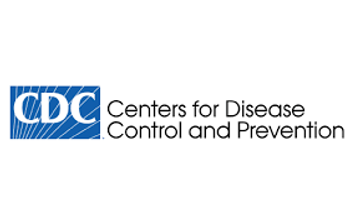
A new CDC study demonstrates effectiveness in a population with high exposure to the virus.
John Parkinson is the assistant managing editor for Contagion. Prior to joining MJH Life Sciences in 2020, he has covered a variety of fields and markets including diabetes, oncology, ophthalmology, IT, travel, and local news. You can email him at jparkinson@mjhlifesciences.com.

A new CDC study demonstrates effectiveness in a population with high exposure to the virus.

As the HIV population ages, a variety of health challenges may arise that typically happen in populations without chronic conditions.

With yesterday’s announcement, a lot of questions remain about how to proceed. One expert weighs in on this significant topic including how masks have substantially helped as a COVID-19 prevention strategy.

The United Kingdom is enrolling volunteers to be purposely exposed and infected with SARS-CoV-2 to learn more about infection, progression, and the immune response to it. A bioethics lawyer offers insights into the deliberation and decision-making that goes into whether human challenge trials should commence.

The CDC Director Rochelle Walensky confirmed the Pfizer-BioNTech vaccine can be administered in children as young as 12 years of age.
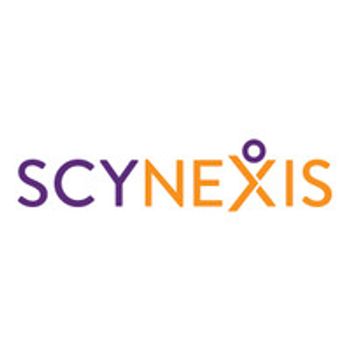
The company said its investigational therapy, ibrexafungerp, demonstrated superiority to placebo for treatment of vaginal yeast infections, and is working towards its Food and Drug Administration (FDA) Prescription Drug User Fee Act (PDUFA) date next month.

Vaxart enrolled its first participants for its dose-ranging and boosting regimen studies.
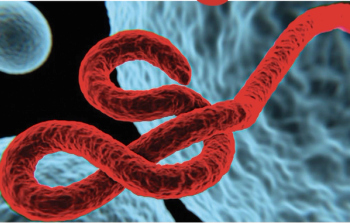
The Democratic Republic of the Congo (DRC) reached 42 days without a new case. Guinea, however, has not officially declared its outbreak over yet.

Investigators report the vaccine demonstrated it was safe, well-tolerated, and immunogenic in all age groups.

The companies are seeking approval for anyone aged 16 and above.

Company plans to initiate a rolling submission for US Food and Drug Administration (FDA) Biologics License Application (BLA) this month for the vaccine.
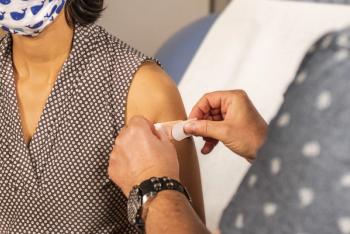
Moderna reports data demonstrating a single 50 µg shot of its mRNA-1273 or mRNA-1273.351 booster shot increased neutralizing titers against SARS-CoV-2, as well as the South African and Brazilian variants.
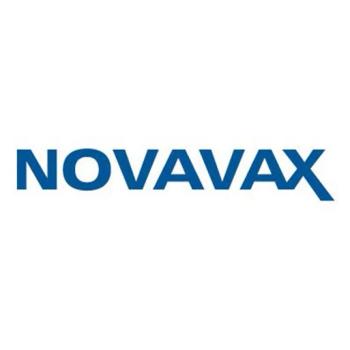
Amongst HIV negative participants, the vaccine demonstrated a 51% efficaciousness against B.1.351.
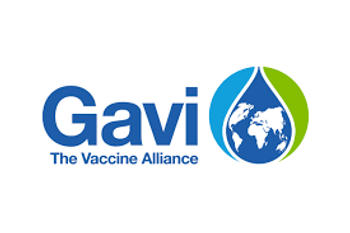
The company will provide the vaccine group with 34 million doses in the fourth quarter of this year, and up to 466 million more doses in 2022.

A report said the vaccine may receive a US Food and Drug Administration (FDA) Emergency Use Authorization (EUA) for the 12-15 year old population as early as next week.

The Connecticut, New York, and New Jersey governors announced plans to return to full capacity again.
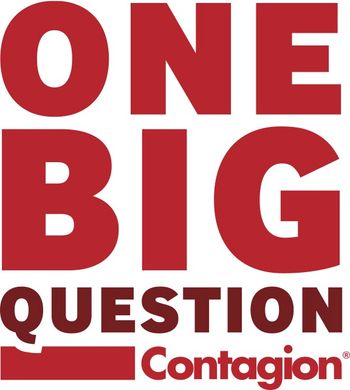
This is our inaugural segment for our new video series, 1 Big Question, where we ask the medical community a question about a significant infectious disease topic and get feedback from them.
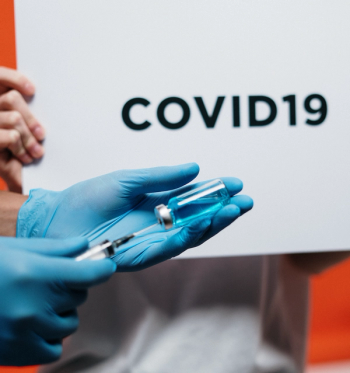
Two cases in the United States showed reinfection after administration of the m-RNA vaccines may complicate protection against new variants, but lend support to a potential need for a booster.

The company wants to transition to combination therapy of bamlanivimab and etesevimab together for COVID-19 treatment.

The ATLAS 2M study results showed non-inferiority in 2-month dosing compared to 1-month dosing for the cabotegravir and rilpivirine long-acting injectable.

Study finds a 10% reinfection rate amongst a mostly 18-20 year old United States Marine population in a closed setting.
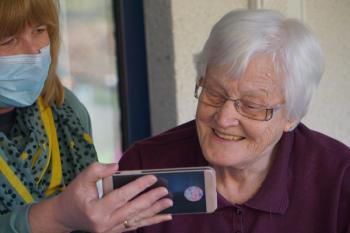
Increased facility-level vaccine coverage amongst residents and staff was associated with lower cases in the latter population.

The Centers for Disease Control and Prevention’s (CDC) Advisory Committee on Immunization Practices (ACIP) met today to discuss the blood clots’ issue and offered guidance on heparin usage in these cases.
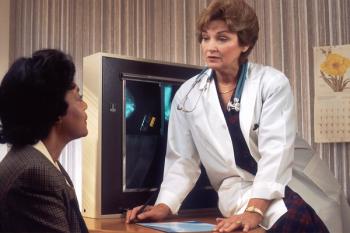
Social identity plays an important role in how antimicrobial stewards see their roles and influences how they communicated with prescribers.
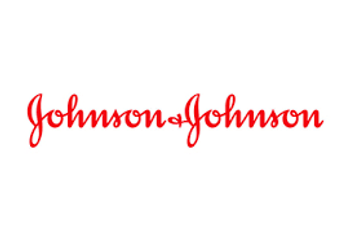
In a press conference this morning, leadership of the FDA and CDC discussed why they made the decision on this vaccine and announced an ACIP meeting will be held tomorrow to review the data from the adverse events.

A recent study looked at the racial disparities amongst people living with HIV and COVID-19 positivity rates.

The company asked the Food and Drug Administration (FDA) to amend their Emergency Use Authorization (EUA) to include 12-15 year olds.
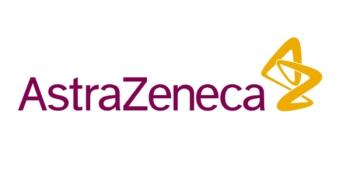
The United Kingdom’s Medicines and Healthcare products Regulatory Agency is making this recommendation for people in this age group after rare blot clots occurred after administration of the AstraZeneca vaccine.
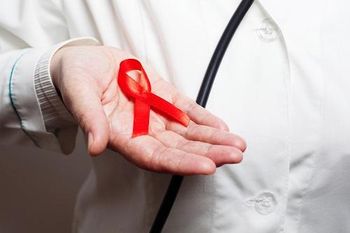
2020 forced clinicians and people with HIV (PWH) to adapt to the COVID-19 pandemic. While initially it had an immediate impact on patient care, new solutions and strategies were created to ensure health care was delivered to those who needed it.
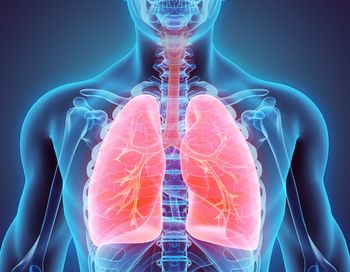
Biopharmaceutical company, NeuroRx, reported positive data from its phase 2/3 trial for its therapy, aviptadil acetate (Zyesami), in patients with severe COVID-19.